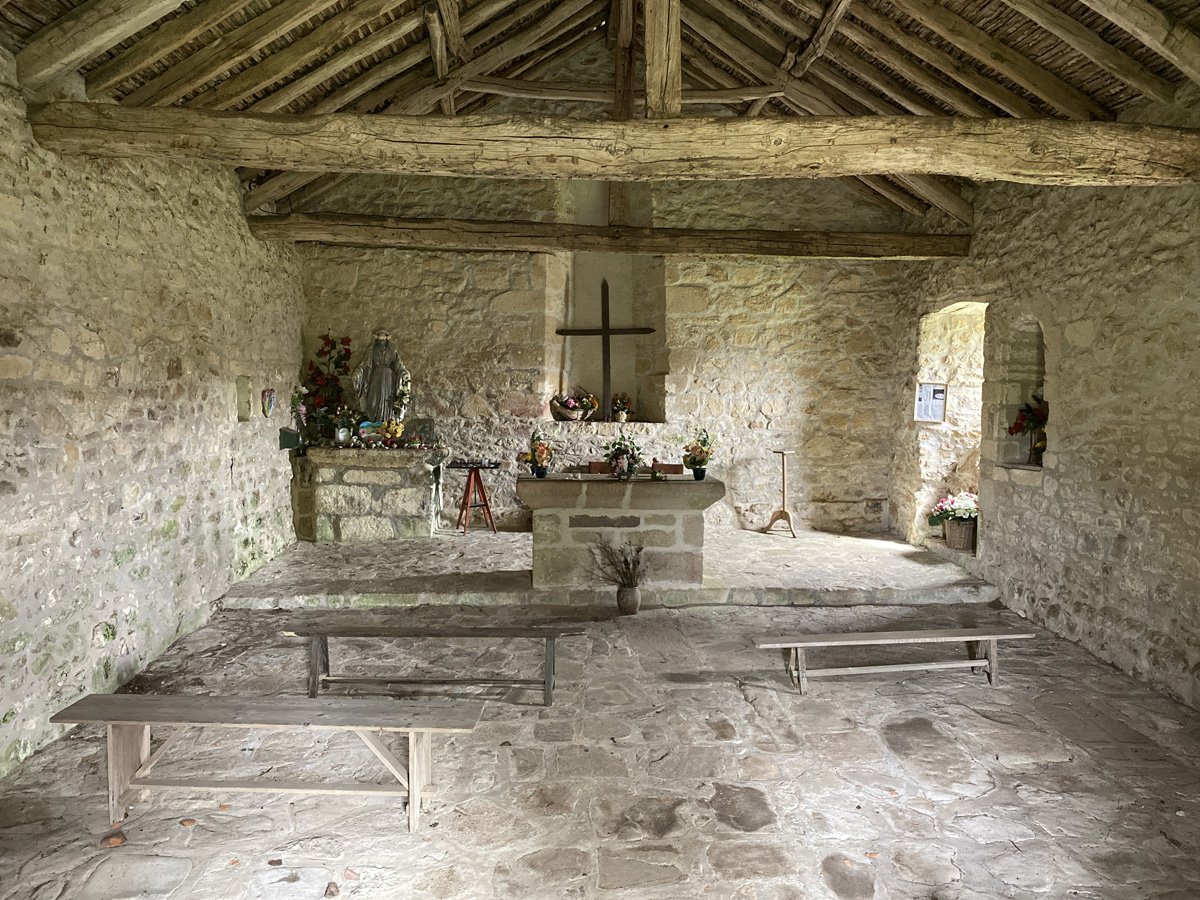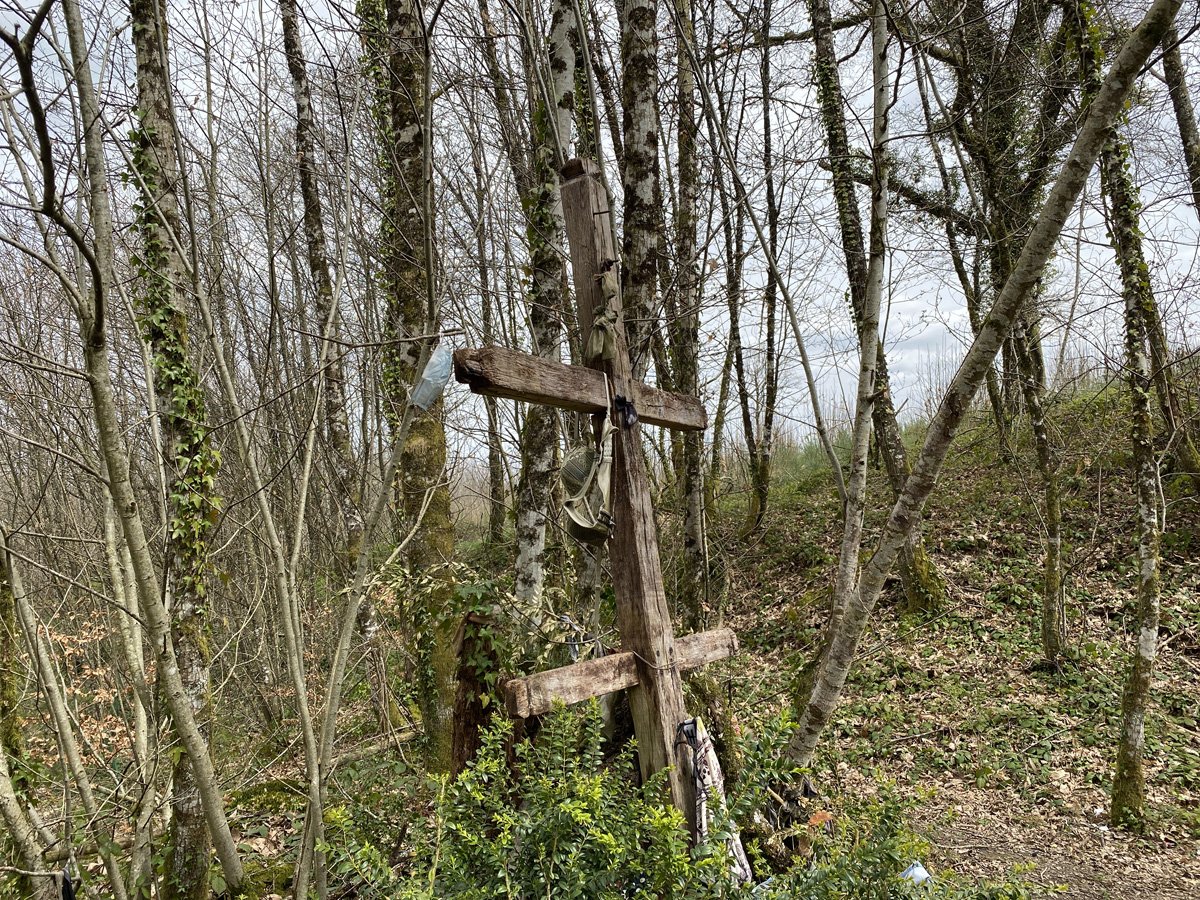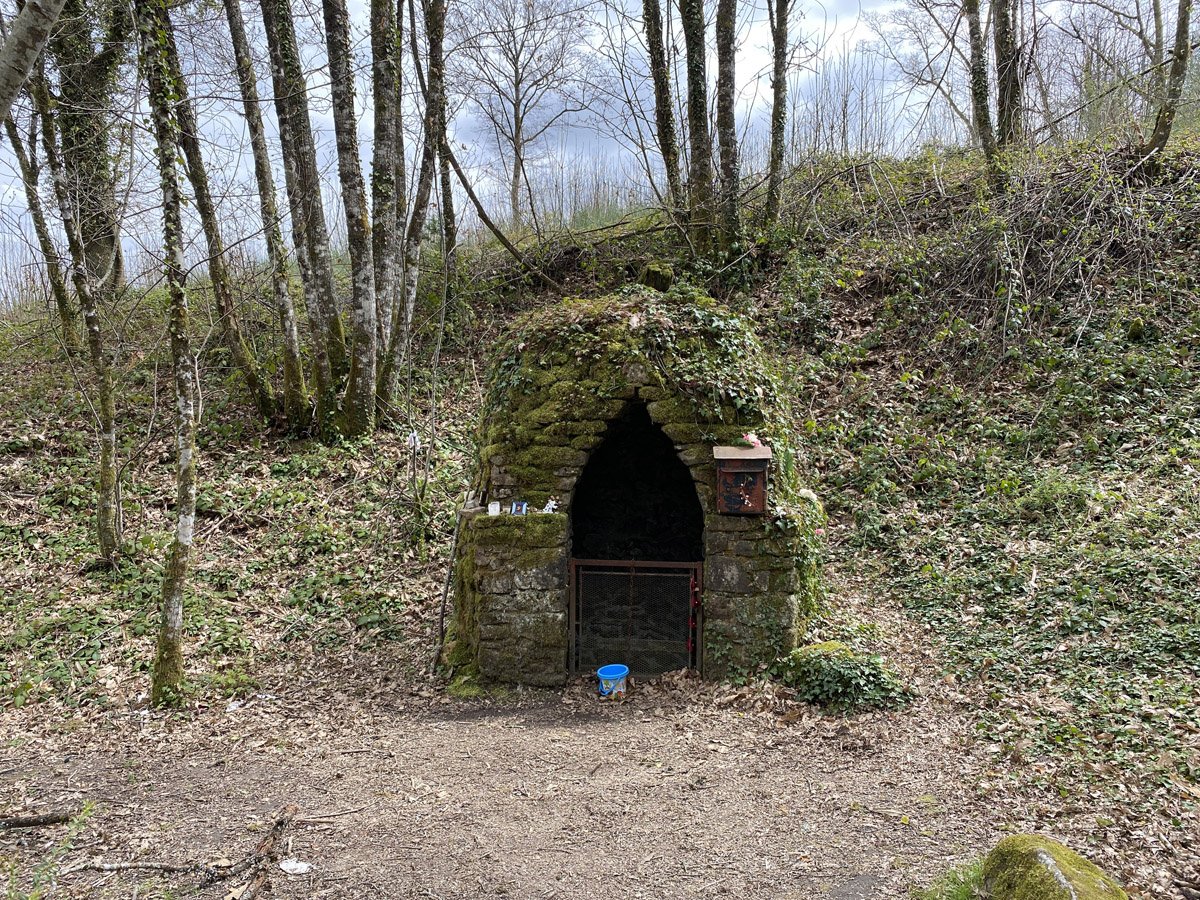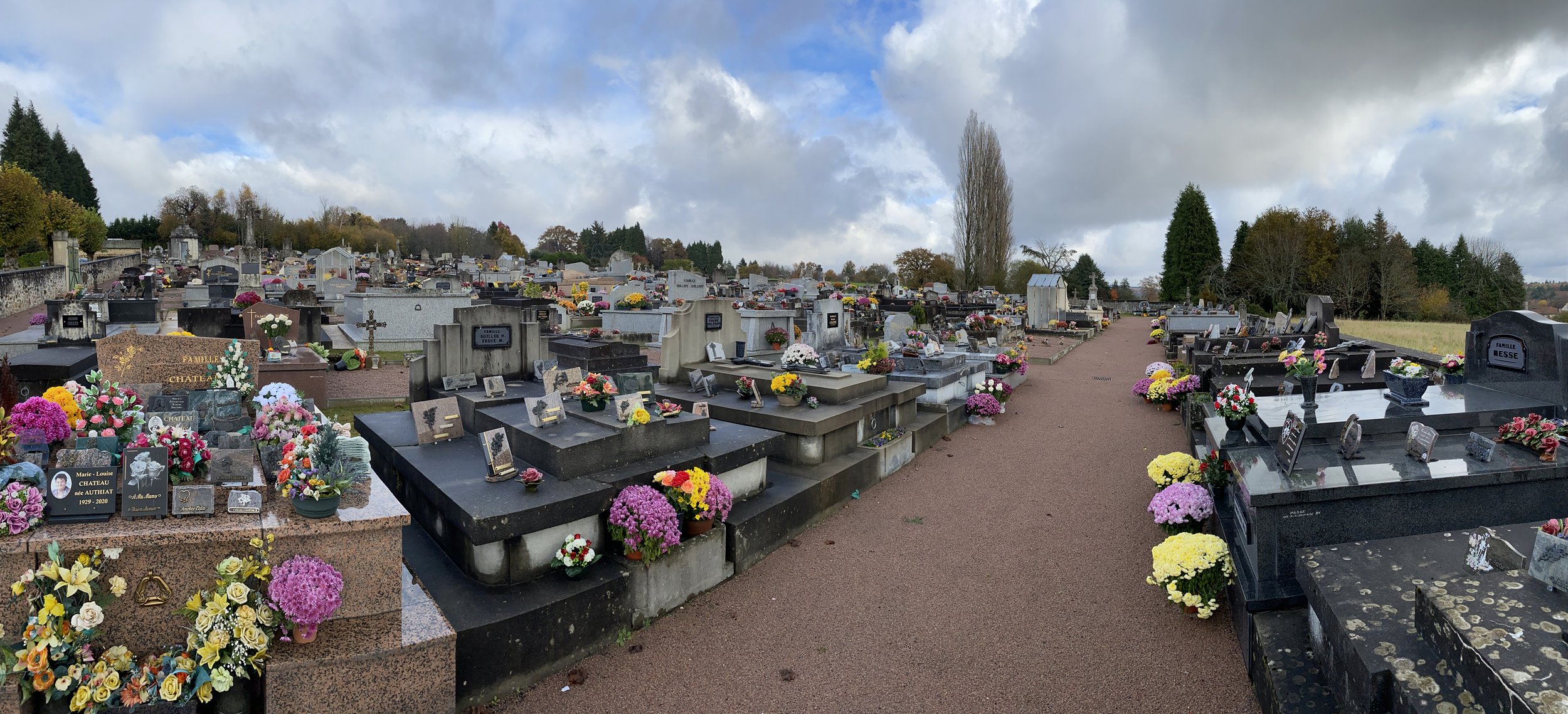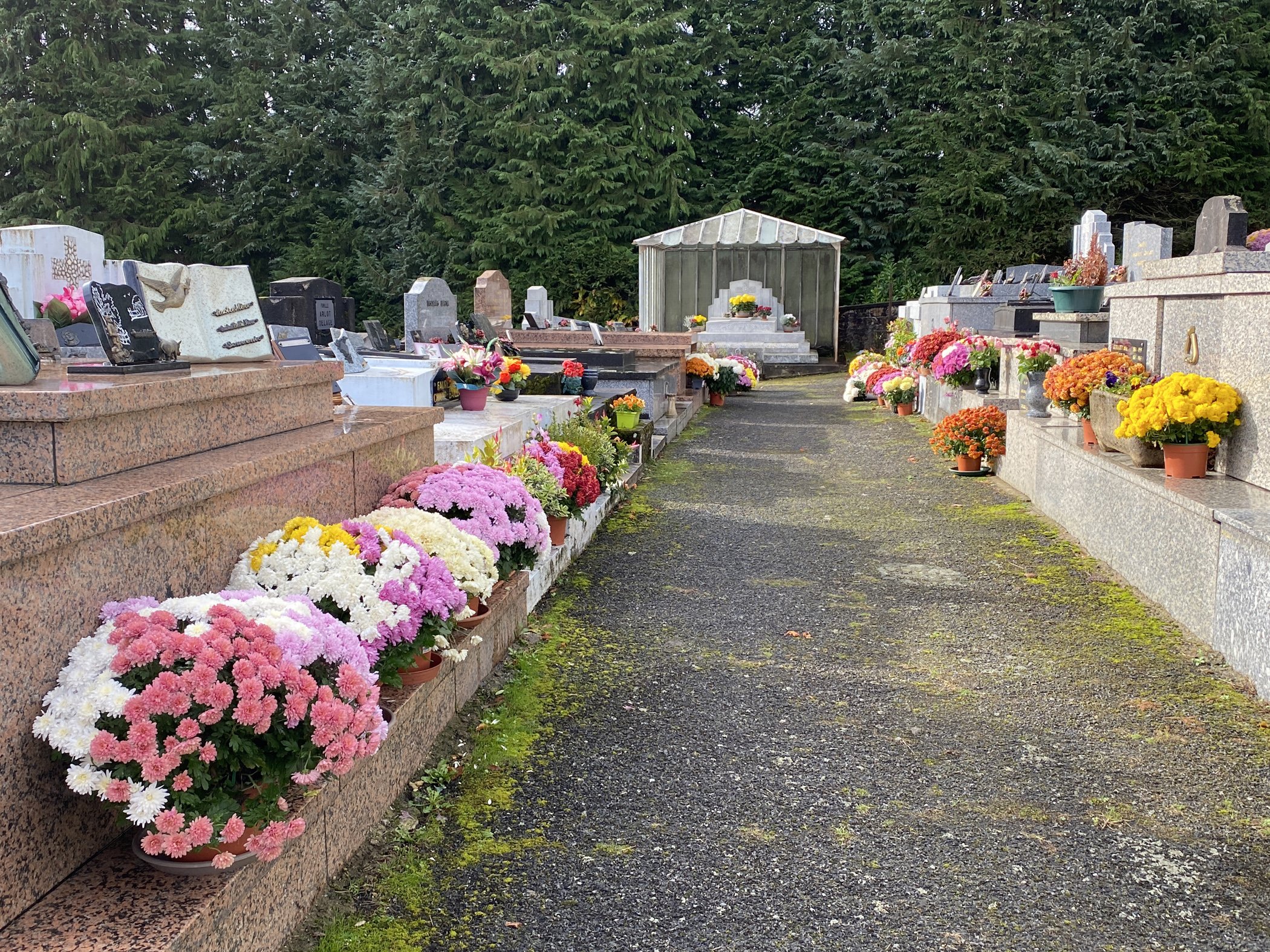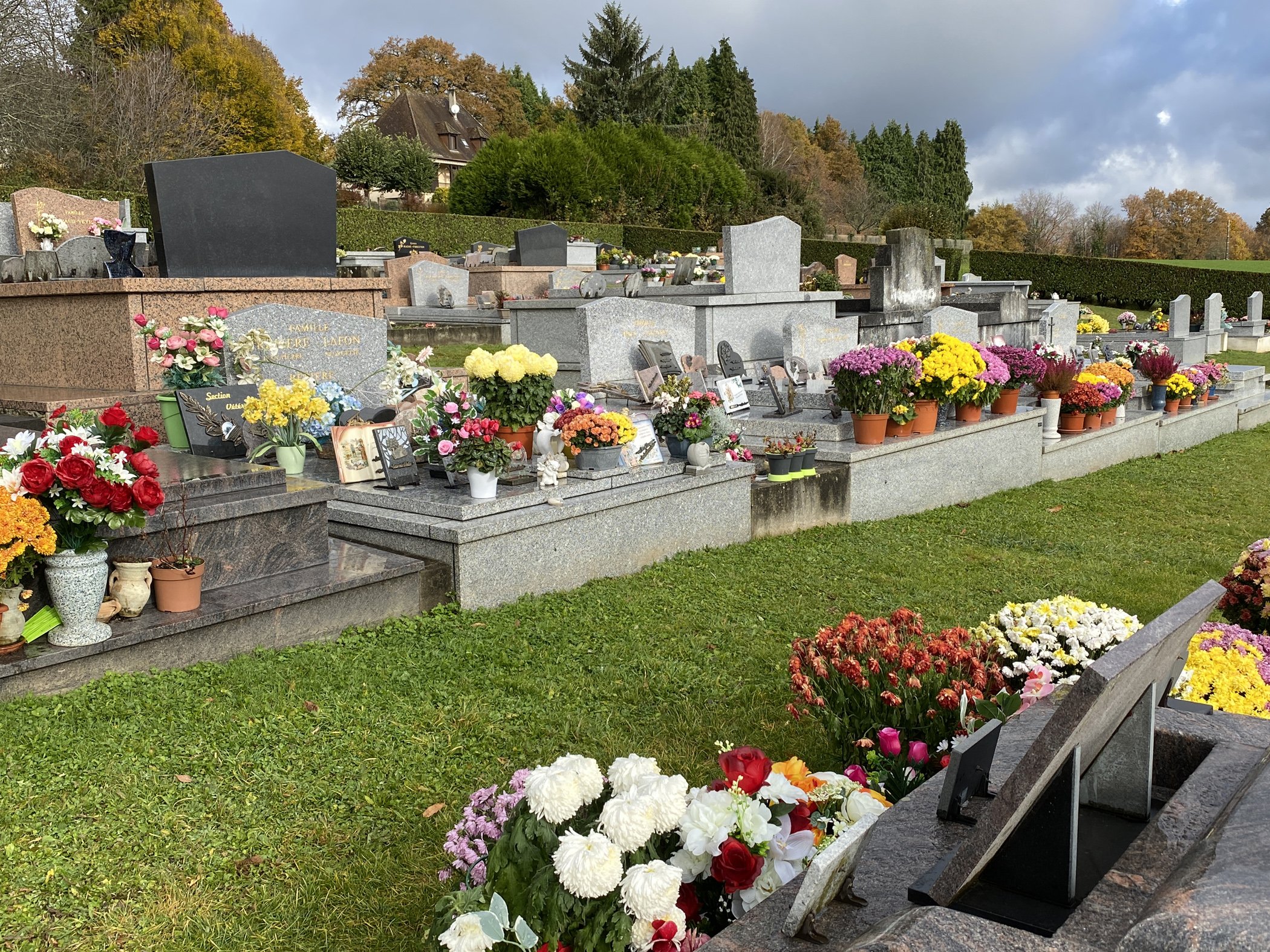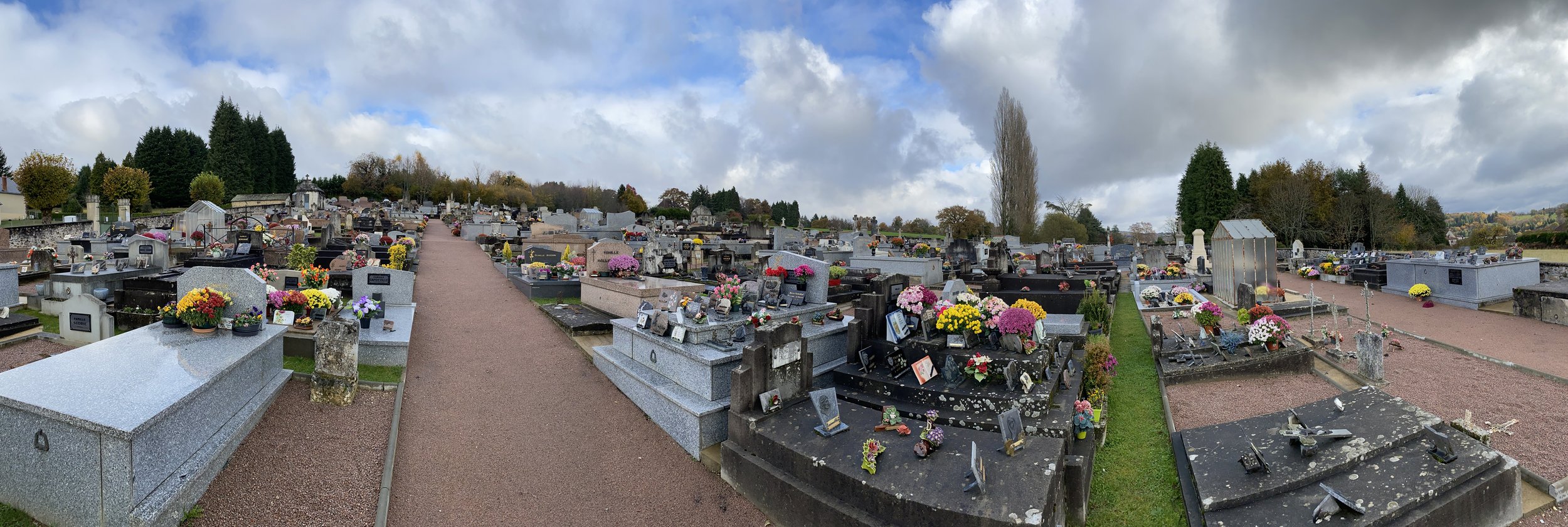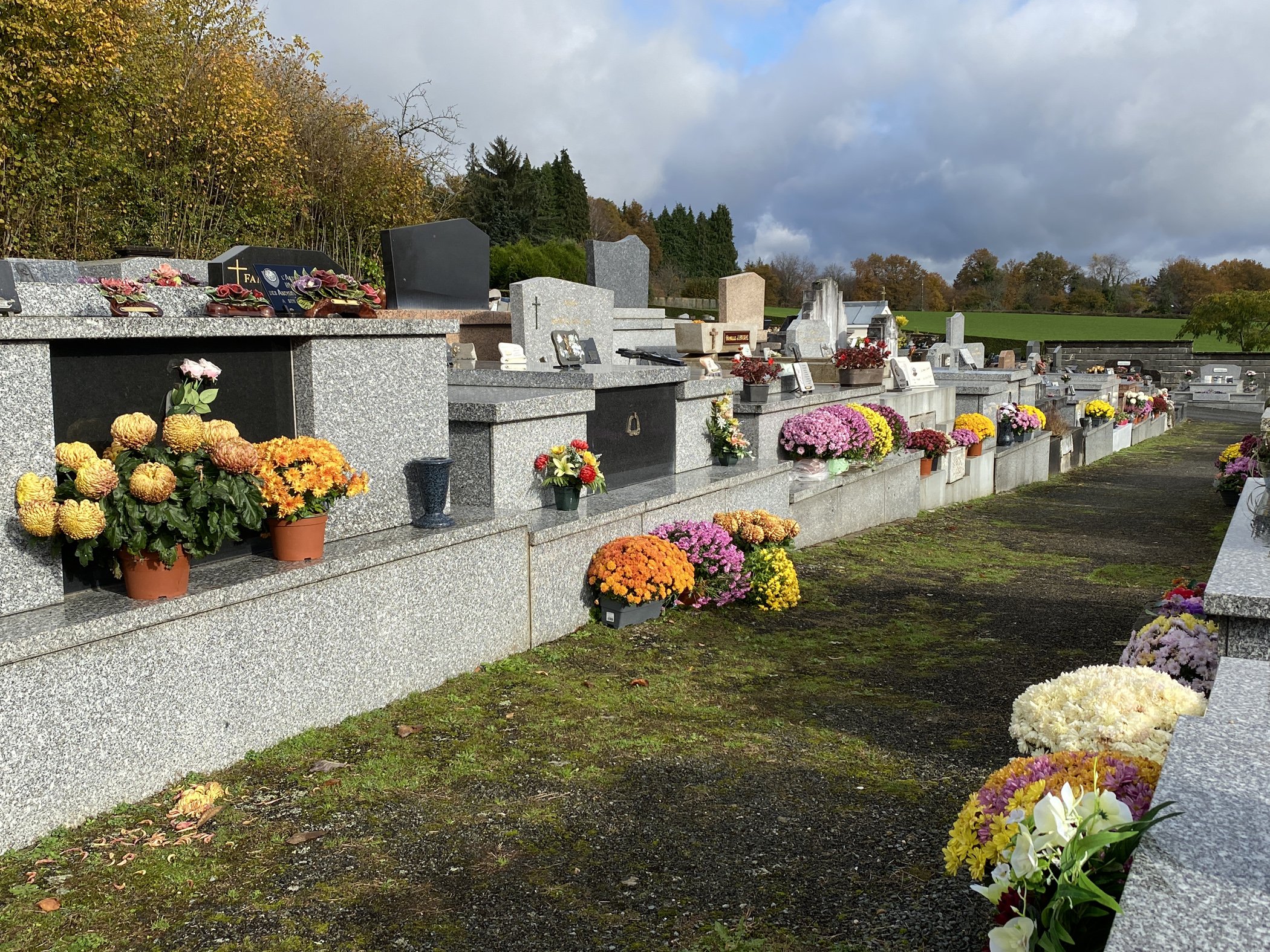While driving through France you may wonder where all the people are in seemingly deserted villages. Many of these quiet places are actually lively communities, but across France there are a number of 'ghost towns'.
In addition to the haunting Oradour-sur-Glâne (WWII), visitors can also find one of the infamous 'ghost towns' just a short drive from Bonnes Routes, which has a disturbing story behind it!
Courbefy is a village with 21 buildings, a tennis court, swimming pool and 13th century chapel. During the 1970s people started to leave the village to find work. The last resident built a hotel and restaurant and bought up all the houses and lands of the village in the 1990s to create a holiday village. Unfortunately in 2008 he went bankrupt.
The village was purchased in 2012 by Korean billionaire Yoo Byung-eun to establish an "environmental, artistic and cultural" project. After starting the project, Byung-eun went missing in April 2014 after a disaster with one of his ferries which killed 304 people, mainly high school students. He was South Korea's most wanted man. His decomposed body was found a couple of months later in a plum field near one of his factories.
A guardian of Courbefy is currently employed by Ahae Press Inc (run by Yoo Byung-eun's youngest son) to watch over the village and report to them every month. We await the next chapter.
In the meantime this ghost village is worth a visit. The village is the highest point in the Parc naturel régional Périgord Limousin at 557m, and offers some amazing views. The site was occupied from prehistoric times by the Celts, then the Romans, a fortress was erected there in the 12th century by the viscounts of Limoges (destroyed in the 16th century).
There are many excellent hiking trails and walks from the village – one of which will lead you to the Bonnes Fontaines (good fountains).
These 'miraculous fountains', or 'devotional fountains' are present in three department of the Limousin, with Haute-Vienne having over 190 of them. The ones at Courbefy (the Saint-Eutrope fountains) are among the most famous. Offerings (ex-voto) are left in the hope of healing, protection or as gratitude for recovery from illness or injury.
The first fountain at Courbefy has a wooden cross with four branches where people hang scarves, socks, ribbons and clothes as their offering.
Each fountain has a mail box where people leave letters, prayers, requests for healing. The first fountain has the power to cure “the sickness of the saints”, headaches and rheumatism. The second, the kidneys (and rheumatism), where people rub their elbows and knees with water. The third will cure toothaches. Conveniently, the water from the fountains will apparently only cure us if we deserve it, so if it doesn't work … it's your own fault!
If you’re feeling energetic there is a 15 km hiking trail or some shorter loops and well-marked walks. Try this one from Visorando: Les Bonnes Fontaines de Courbefy.
